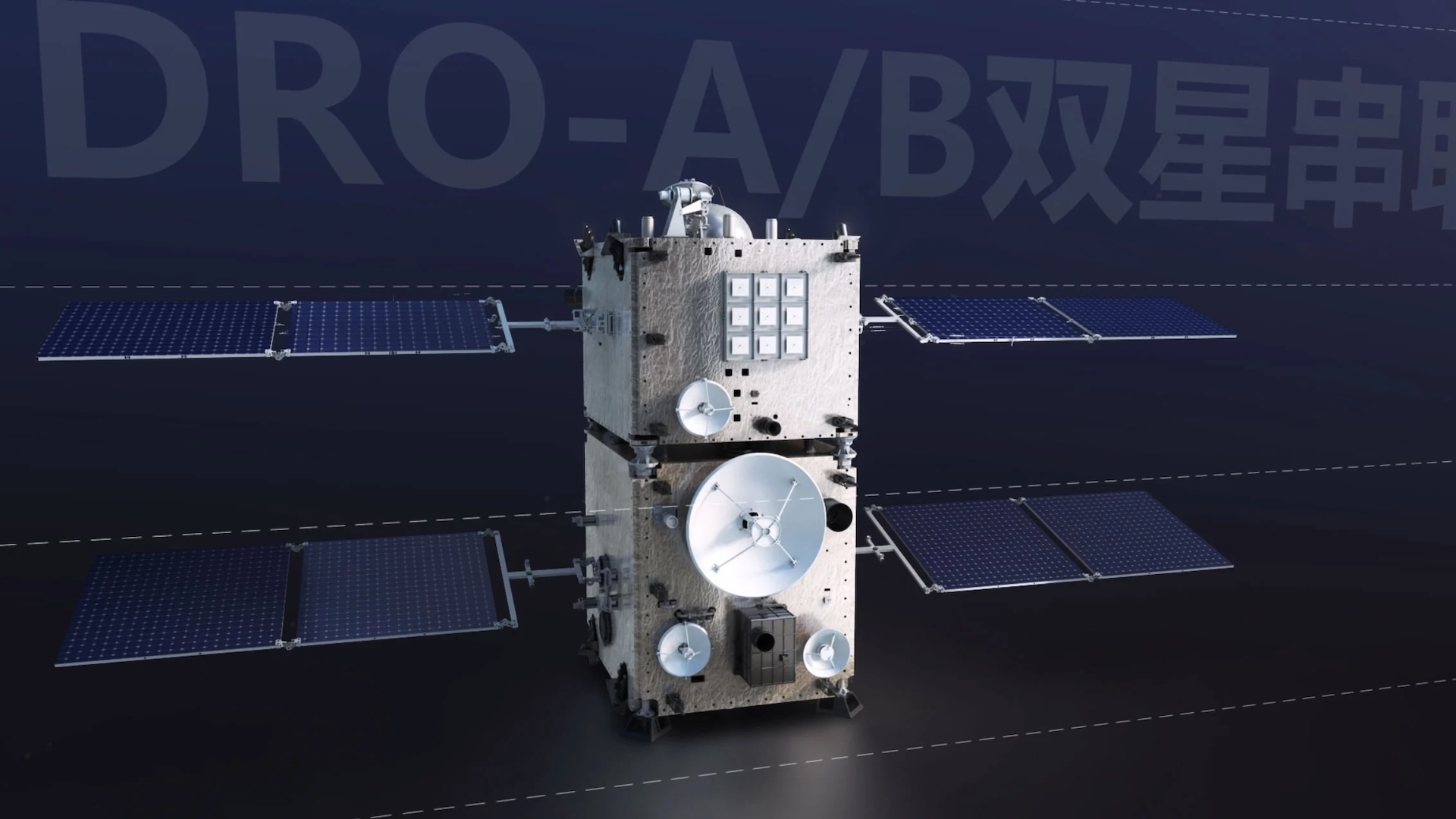Vibrating Car Seats Provide Early Accident Warning
A new vibrating car seat could prevent accidents by using the sense of touch to alert drivers to cars in the car's blind spot, and other hard-to-see spots around the rear of the vehicle.
After wearing a seat belt, maintaining situation awareness ranks as the second most important safe driving virtue. But many motorists space out on the road, and checking the car's blind spot is the first safety procedure to go.
Using a touch alert has two advantages over the visual and audio warnings already deployed in some cars, said John Morrell, the assistant professor of mechanical engineering at Yale University who invented the system.
First, the modern drivers already finds themselves bombarded by numerous blinking lights, and adding one more would only distract drivers further. Second, a touch cue can transmit location without requiring the driver to turn their head, while also grabbing the driver’s attention in a more visceral way.
“Looking at an [light] and converting that into an image of a car in your blind spot requires a little more cognitive ability than if something's touching you,” Morrell told TechNewsDaily. “It's a more direct pathway into the brain, since touch gives you orientation for free.”
The system uses vibrating cell phone motors, as well as some more gradual actuators, embedded in the driver’s seat. The seat pushes on the driver, and vibrates, very lightly for the entire ride.
When another vehicle moves behind or beside the car, sensors send a message to the seat that increases the vibrating and pushing on that side of the driver’s back. So if the other car pulls alongside the rear-right side, the lower-right of the driver’s back receive a push.
Sign up for the Live Science daily newsletter now
Get the world’s most fascinating discoveries delivered straight to your inbox.
By remaining a constant physical presence, as opposed to only activating in the event of a problem like many of the visual warnings, the touch system helps elevate the general awareness of the driver about all the cars around them.
“A lot of the systems companies are putting in cars are designed to detect information before a crisis and doing something to prevent the crisis,” Morrell said.
“Our intention is to give you awareness that there's a car in your blind spot, but not to tell you what to do. It's like in an emergency room, when you're listening to the constant beep of a heartbeat — when you hear the flatline, you know what to do.”
China uses 'gravitational slingshots' to save 2 satellites that were stuck in the wrong orbit for 123 days
Scientists spot a 'dark nebula' being torn apart by rowdy infant stars — offering clues about our own solar system's past
Mass graves of Black Union soldiers slaughtered by Confederate guerrillas possibly identified in Kentucky









